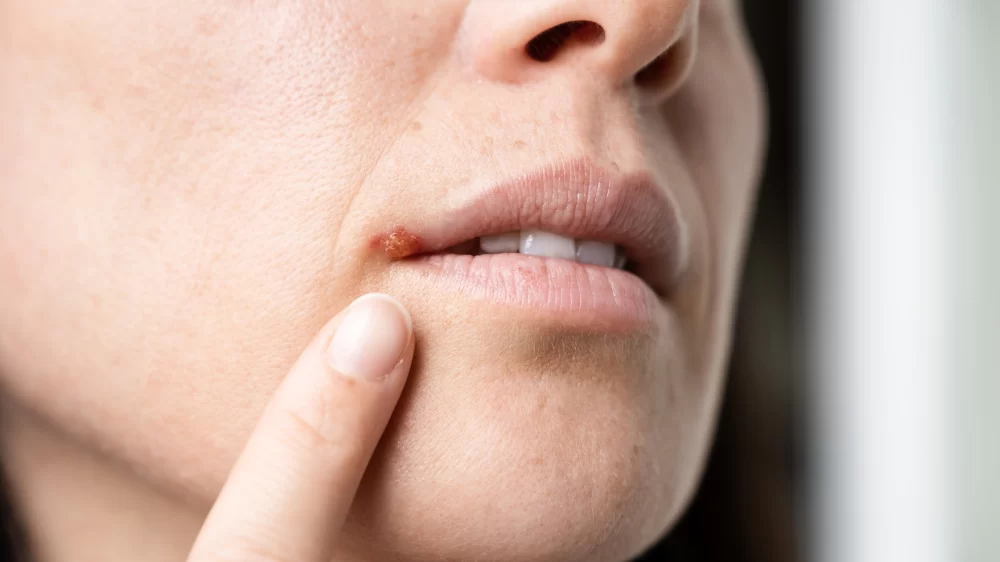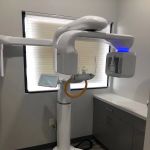
How to Treat and Prevent Cold Sores: Essential Tips and Effective Remedies
- 1. Understanding Cold Sores
- 2. What Causes Cold Sores?
- 3. Effective Treatment Options
- 4. How to Prevent Cold Sores
- 5. Real-Life Experiences and Stories
1. Understanding Cold Sores
Cold sores, also known as fever blisters, are small, fluid-filled blisters that often appear around the lips, mouth, or sometimes the nose. These sores are caused by the herpes simplex virus (HSV), primarily HSV-1, though HSV-2 can also contribute. They are highly contagious and can be triggered by factors like stress, fatigue, or even the sun.
Knowing what cold sores are and how they form can help you better manage and prevent outbreaks. Understanding the stages of a cold sore is crucial for effective treatment, from the tingling sensation that precedes the breakout to the scabbed-up final stage.
2. What Causes Cold Sores?
Cold sores are caused by the herpes simplex virus (HSV), which enters the body through broken skin or mucous membranes. The virus remains dormant in the body and can be triggered by various factors, including:
- Stress: High levels of stress can weaken the immune system, making you more susceptible to cold sores.
- Sunburn: Overexposure to the sun can trigger an outbreak, as UV radiation weakens the skin and immune system.
- Illness: When your immune system is compromised due to illness or a fever, cold sores may emerge.
- Hormonal changes: Changes in hormone levels, such as those during menstruation, pregnancy, or menopause, can also trigger cold sores.
Understanding your personal triggers can help you avoid these outbreaks in the future.
3. Effective Treatment Options
While there is no cure for cold sores, several treatments can speed up healing and reduce symptoms. The most common cold sore treatments include:
- Antiviral creams: Over-the-counter antiviral creams like acyclovir or penciclovir can help reduce the severity and duration of an outbreak.
- Oral antiviral medications: For frequent or severe outbreaks, doctors may prescribe oral antiviral medications like valacyclovir or famciclovir.
- Home remedies: Natural remedies like aloe vera gel, honey, or tea tree oil have been known to soothe and reduce inflammation in the affected area.
- Cold compress: Applying a cold compress to the sore may help reduce swelling and discomfort.
Choosing the right treatment depends on the severity and frequency of your outbreaks. If you experience frequent cold sores, it may be beneficial to consult a healthcare provider for a personalized treatment plan.
4. How to Prevent Cold Sores
Prevention is key when it comes to cold sores. Though the herpes simplex virus stays dormant in the body, certain lifestyle habits can help reduce outbreaks:
- Boost your immune system: Eat a balanced diet, exercise regularly, and get enough sleep to help strengthen your immune system.
- Minimize stress: Stress is a major trigger for cold sores. Practice relaxation techniques like meditation, deep breathing, or yoga to manage stress levels.
- Sun protection: Use lip balm with SPF protection to avoid triggering cold sores from sunburns.
- Avoid direct contact: Avoid kissing or sharing items like towels, razors, or utensils with someone who has an active cold sore.
By incorporating these tips into your daily routine, you can greatly reduce the frequency of cold sore outbreaks.
5. Real-Life Experiences and Stories
Many people who suffer from cold sores have shared their stories about how they manage the condition. For instance, Sarah, a 32-year-old office worker, discovered that stress was a significant trigger for her outbreaks. After adopting a regular mindfulness practice and using SPF lip balm, she noticed a significant reduction in cold sore episodes. Similarly, John, a college student, found that avoiding direct sun exposure and taking antiviral medication helped him stay outbreak-free during stressful finals weeks.
These stories highlight that while cold sores are common, with the right preventive measures and treatments, they can be managed effectively.







 Richards & Associates Orthodontics4.0 (228 review)
Richards & Associates Orthodontics4.0 (228 review) Robbinsville Pediatric Dentistry4.0 (306 review)
Robbinsville Pediatric Dentistry4.0 (306 review) NLV Dental Group4.0 (72 review)
NLV Dental Group4.0 (72 review) Eric B Chandler Health Center: Moore Kirk W DDS3.0 (6 review)
Eric B Chandler Health Center: Moore Kirk W DDS3.0 (6 review) OHI Lakewood Health Center (Ocean Health Initiatives, Inc.)2.0 (92 review)
OHI Lakewood Health Center (Ocean Health Initiatives, Inc.)2.0 (92 review) Fawcett Tod R DDS5.0 (9 review)
Fawcett Tod R DDS5.0 (9 review) The Importance of Oral Health Education During Pregnancy for a Healthy Pregnancy
The Importance of Oral Health Education During Pregnancy for a Healthy Pregnancy Best Tips for Brushing Your Teeth Properly for Healthy Gums: Essential Techniques for Oral Health
Best Tips for Brushing Your Teeth Properly for Healthy Gums: Essential Techniques for Oral Health Why Skipping Dental Checkups Can Lead to Bigger Oral Health Problems
Why Skipping Dental Checkups Can Lead to Bigger Oral Health Problems Advantages of Porcelain Dental Restorations
Advantages of Porcelain Dental Restorations How Can Diabetes Cause Tooth and Gum Problems? Preventing and Managing Oral Health Issues
How Can Diabetes Cause Tooth and Gum Problems? Preventing and Managing Oral Health Issues Healthy Habits for Promoting Good Oral Health and Hygiene: Tips for a Healthy Smile
Healthy Habits for Promoting Good Oral Health and Hygiene: Tips for a Healthy Smile